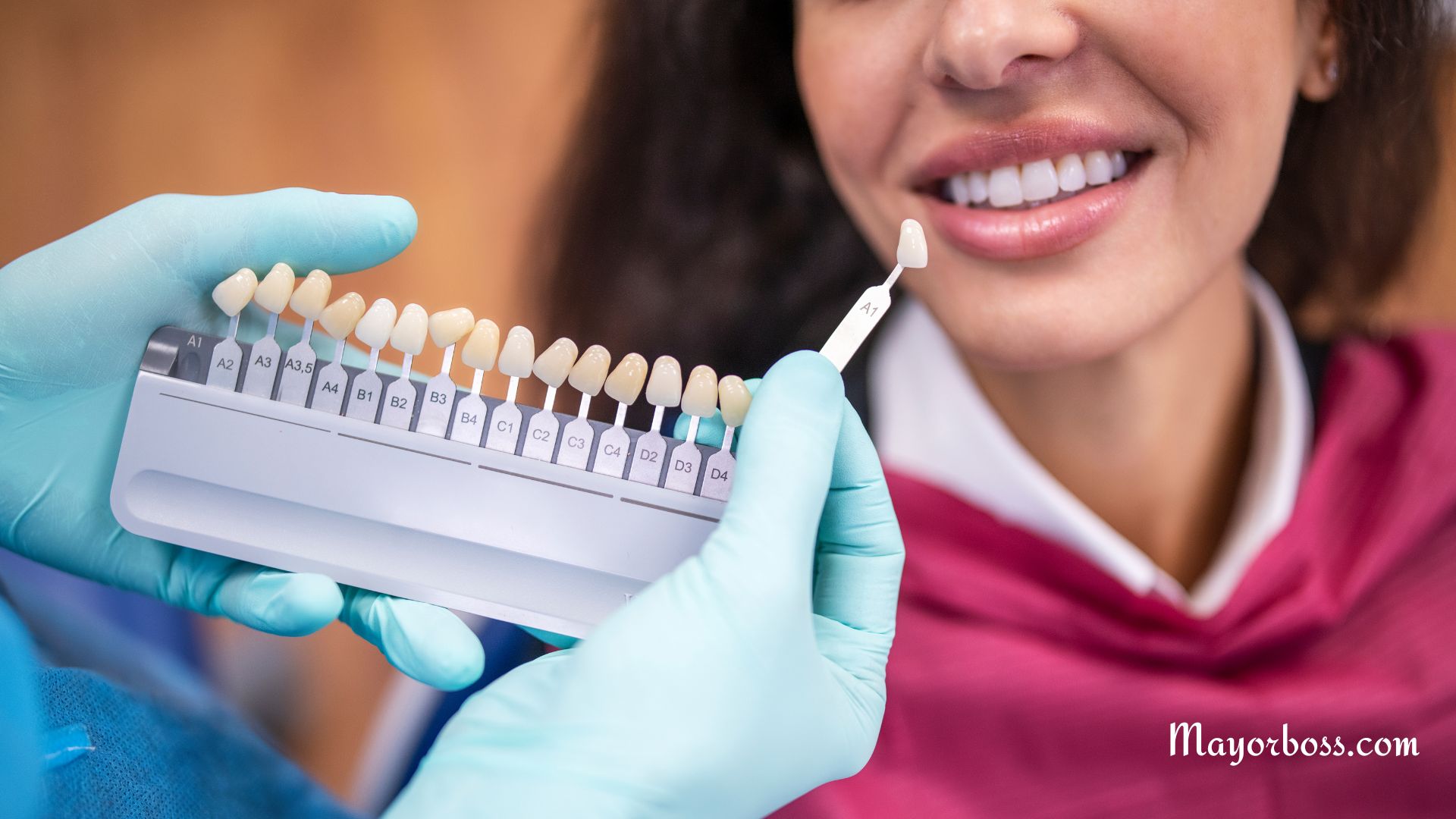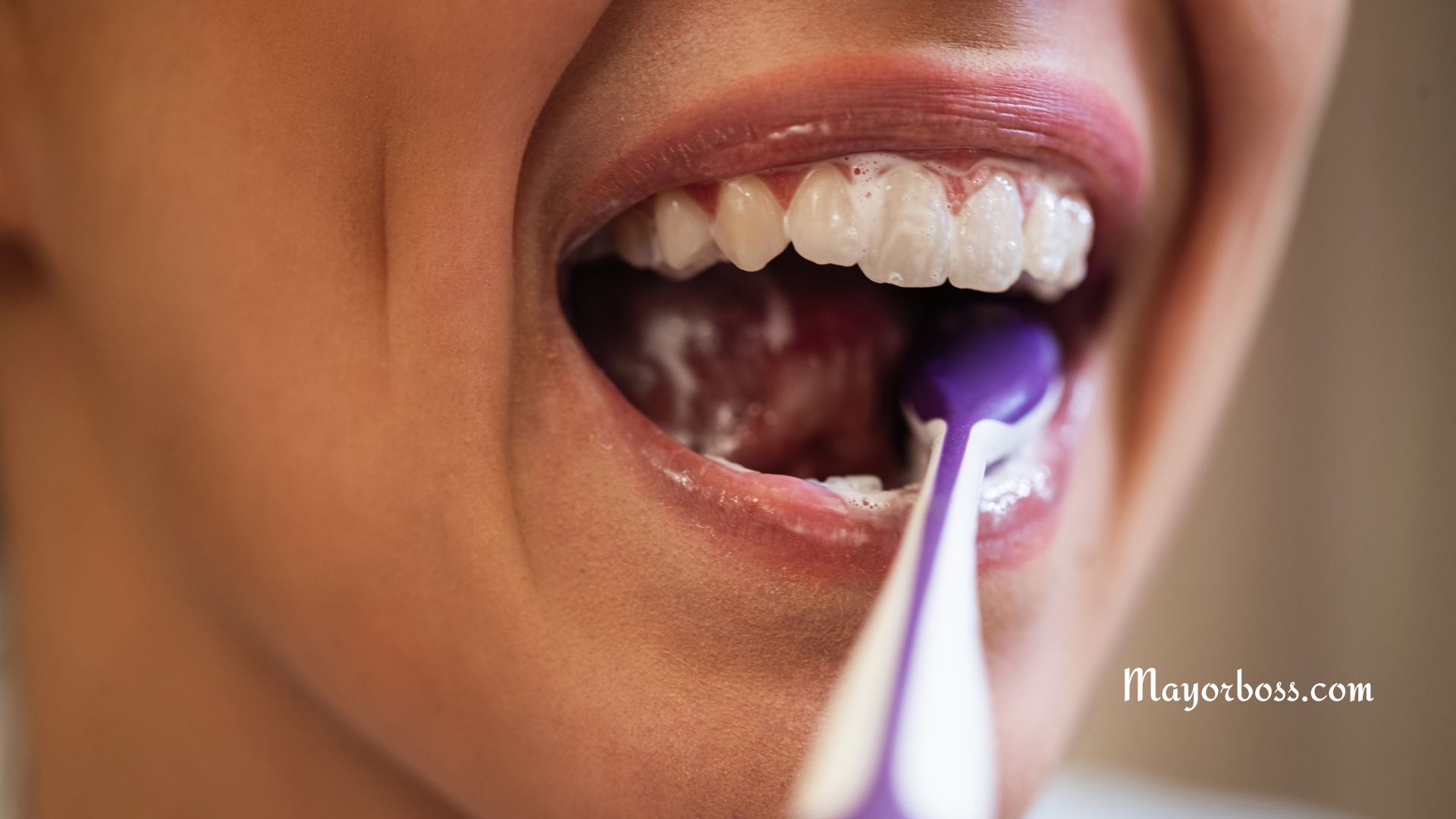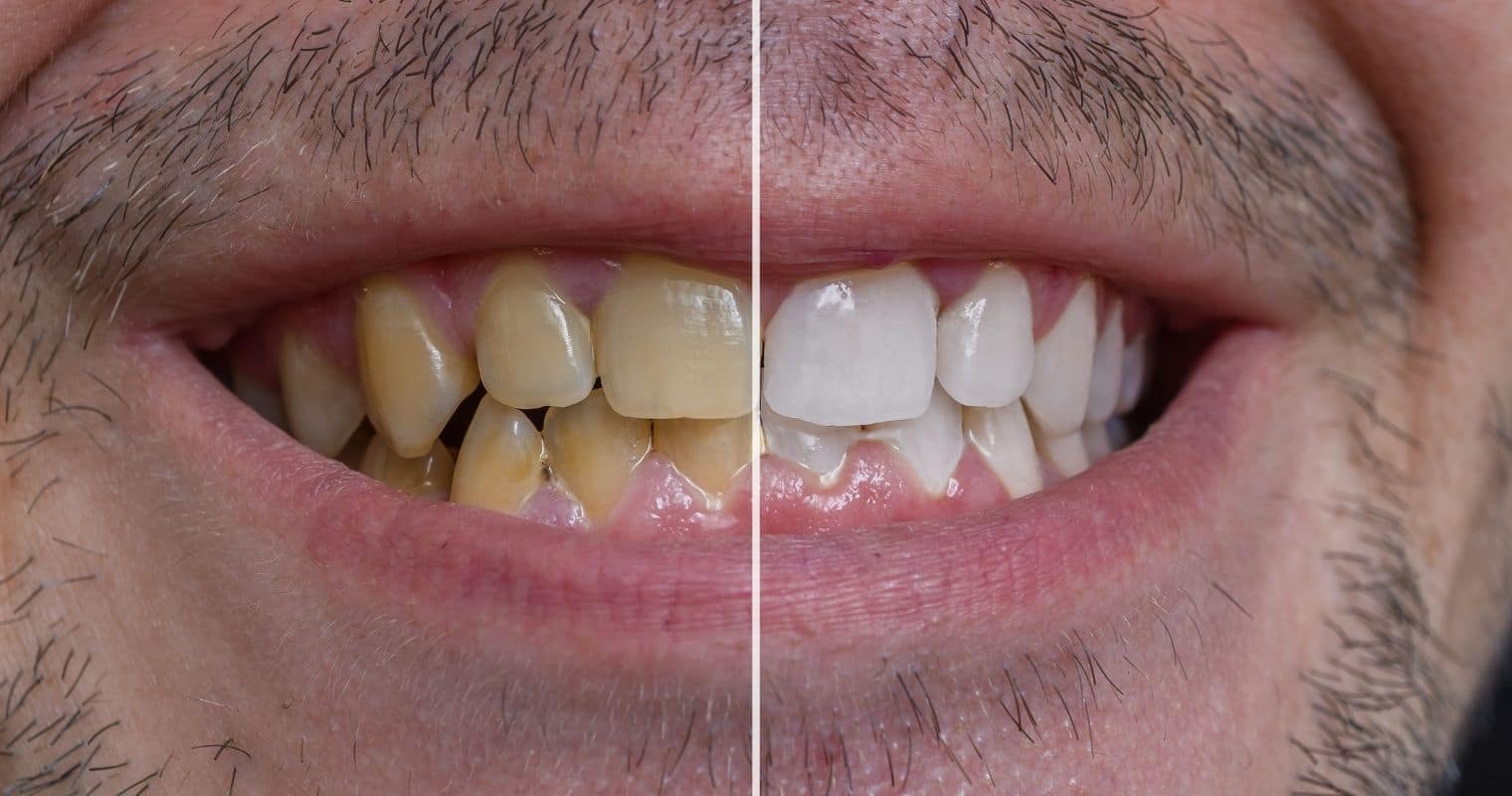What is a Dental Crown?
Brief Summary: Dental crowns aren’t just for kings and queens; they’re a common dental procedure used to strengthen damaged teeth. Whether due to tooth decay, fractures, or cosmetic concerns, these crowns act like a protective cap, providing both functional and aesthetic benefits.

What is a Dental Crown?
When a tooth is cracked, decayed, or damaged, a dental crown may be the ideal solution. Think of it as a strong hat for your tooth; it sits atop the affected tooth to shield it from further harm. The crown is usually made from materials like porcelain, metal, or a mix of both. It’s custom-designed to fit your tooth perfectly and blend in seamlessly with the rest of your teeth.
Why Do You Need a Dental Crown?
To Restore Damaged Teeth
If you’ve experienced a tooth injury or decay, a crown can help restore your tooth’s original shape and size. This way, you can continue to chew food normally and flash that confident smile.
Cosmetic Purposes
If a tooth is discolored or misshapen, a crown can improve its appearance. So, if you’re unhappy with how a tooth looks, a crown can offer an aesthetic upgrade.
After a Root Canal
After a root canal procedure, the tooth tends to become fragile. A dental crown provides the necessary strength, ensuring you can use the tooth as you would any other.
Types of Dental Crowns
Metal Crowns
Metal crowns are strong and durable. They’re often used for back teeth that aren’t visible when you smile. However, the metallic color is a downside for some people.
Porcelain Crowns
Porcelain crowns are popular because they closely match the color of your natural teeth. They’re typically used for front teeth or visible areas.
Porcelain Fused to Metal (PFM)
These crowns offer a balance between strength and aesthetics. The metal provides strength, while the porcelain gives a natural appearance.
How is a Dental Crown Installed?
Initial Assessment
Your dentist will first evaluate the condition of your tooth. If a crown is deemed necessary, you’ll proceed to the next steps. Sometimes, other treatments like a filling could be a more suitable option.
Preparing the Tooth
The dentist will then shape the tooth to make room for the crown. This usually involves removing a layer of the outer tooth surface while keeping the strong inner core.
Impressions and Temporary Crown
An impression of the shaped tooth and surrounding teeth is taken. This impression is used to custom-make your crown. Meanwhile, a temporary crown is fitted to protect the prepared tooth.
Fitting the Permanent Crown
Once your permanent crown is ready, your dentist will remove the temporary one and cement the new crown into place. You’ll then be guided on how to care for your newly crowned tooth.
How Long Do Dental Crowns Last?
With proper care, a dental crown can last between 5 to 15 years. Regular dental check-ups, coupled with good oral hygiene, can help extend the life of your crown.
Risks and Complications
Sensitivity
After the procedure, you may feel some sensitivity in the crowned tooth. Usually, this sensation goes away after a few days.
Chipping or Loosening
Although rare, the crown can chip or become loose. If this happens, consult your dentist promptly for a repair or replacement.
Allergic Reaction
Some people are allergic to the materials used in crowns. Always inform your dentist about any allergies you have so the right material can be selected for you.
Taking Care of Your Dental Crown
Maintaining a dental crown is similar to taking care of your natural teeth. Regular brushing and flossing are crucial. Additionally, avoid chewing hard foods with the crowned tooth to prevent any potential damage.
In summary, dental crowns are a versatile solution for a range of dental issues. Whether you need to restore a damaged tooth or are looking for a cosmetic upgrade, a dental crown can be a robust and long-lasting solution. So, the next time you hear the term “dental crown,” you’ll know it’s not just a royal affair but also a common dental practice that can significantly improve your oral health.
Frequently Asked Questions
What Materials Are Commonly Used for Dental Crowns?
Various materials are available for dental crowns, each with its own set of pros and cons. The most commonly used ones are:
- Porcelain: Matches the color of natural teeth and is generally used for front teeth.
- Metal Alloys: Extremely durable, but their color makes them a better fit for back teeth.
- Porcelain Fused to Metal: Offers a balance between durability and aesthetics.
- Composite Resin: Less expensive but not as durable as other options.
Your dentist can help you decide which material is the best fit for your particular needs.
How Much Does a Dental Crown Cost?
The cost of a dental crown varies widely based on factors such as location, the experience of the dentist, and the material used. On average, you can expect to pay anywhere from $800 to $3,000 per crown. Dental insurance may cover part of this cost, especially if the crown is needed for restorative rather than cosmetic reasons.
Can a Dental Crown Be Removed?
Typically, dental crowns are permanent and can only be removed by a dentist. If you’re experiencing issues like pain or looseness, it’s crucial to consult your dentist as soon as possible. They can determine whether the crown can be adjusted or if it needs to be replaced.
What Are the Alternatives to Dental Crowns?
If a dental crown isn’t suitable for you, there are other options to consider:
- Dental Veneers: These cover only the front surface of the tooth and are mostly used for cosmetic purposes.
- Dental Fillings: Suitable for minor tooth decay and damage.
- Dental Onlays: Cover a larger area than fillings but less than crowns and are often used for molars.
Your dentist will recommend the best treatment for you based on the condition of your tooth.
How Do I Take Care of My Dental Crown?
Taking care of your dental crown is pretty straightforward. You should:
- Brush twice a day with fluoride toothpaste.
- Floss daily to remove debris between teeth.
- Avoid hard foods that could chip the crown.
- Visit your dentist regularly for check-ups and cleanings.
By following these simple steps, you can extend the life of your dental crown and maintain good oral health.






